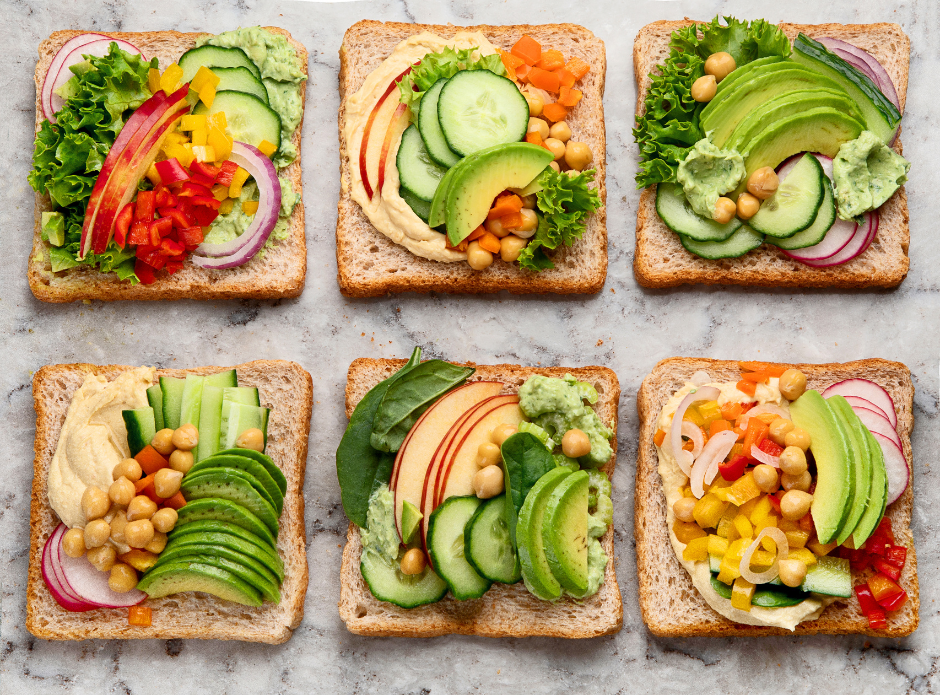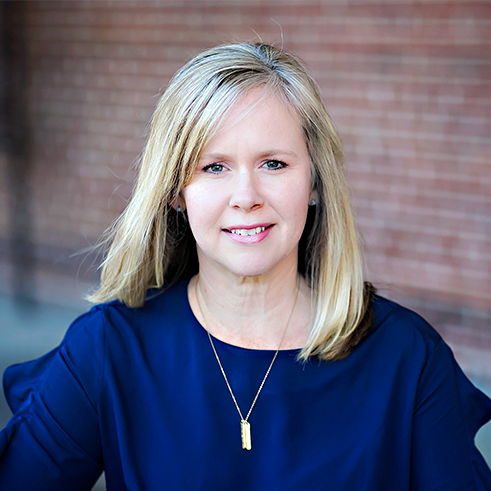
A question I hear a lot is: “Do I have to go plant-based to help heal from cancer or prevent cancer recurrence?”
The answer to this question is multifaceted and depends on some factors.
I will say, after my diagnosis, I started eating WAY more plants and I was already eating a lot prior to cancer.
However, remember that what you eat is ONE factor among many, that plays a role in healing from cancer or preventing cancer recurrence.
We can’t just focus on our food and ignore all the evidence showing that these factors play just as important a role in healing:
- daily exercise
- having strong reasons for living
- having a strong social network
- releasing suppressed emotions
- having a spiritual connection
- following your intuition
- increasing positive emotions
- feeling empowered
My cancer coaching clients will recognize the above factors as part of what I share in my “Beyond the Diagnosis” program — which is based on the research of Dr. Kelly Turner and her books Radical Remission and Radical Hope.
But you came here to learn about a plant-based diet and its effect on cancer, so here’s my take.
Is Going Plant-Based Better for Cancer?
There is compelling evidence to suggest that plant-based diets give you significant protective benefits against cancer.
But this does not mean you need to go vegan (no meat, honey, dairy, eggs, ever).
Unless you want to!
Remember, plant-based means you eat a diet that consists primarily OR entirely of food derived from plants, such as vegetables, fruits, nuts, pulses, grains, legumes, seeds and beans.
I define being plant-based as having a base of plants that makes up most of my diet, and then I can add meat if I want to. But the majority of my daily intake is coming from plants.
Some days, I eat only plant-derived foods for my meals and snacks. I feel good doing this, but I’m not a fanatic. This is what works for me personally. Some meals I will add in a piece of fish or have a couple eggs, or some lean chicken. Just depends on what I’m wanting.
And since I’m the main cook in the family, they get what they get and so far they are going along with more plants and less meat.
Key Points to Consider
Here are some key points to consider when thinking through the plant-based diet and cancer question:
- Emphasis on Plant Foods: Plant-based diets prioritize whole, minimally processed plant foods and these foods are usually rich in vitamins, minerals, fiber, and phytochemicals. These have all been associated with a reduced risk of certain cancers. Especially FIBER. We do not get enough fiber. Eat more plants so you get at least 30 grams of fiber daily. Most of us are only getting about 12 grams. I get about 40 most days!
- Reduction of Animal Products: Plant-based diets limit or exclude animal products such as red and processed meats. High consumption of these foods has been linked to an increased risk of colorectal, prostate, and breast cancers. By reducing intake, you may lower your cancer risk.
- Flexibility and Balance: It’s essential to recognize that adopting a plant-based diet doesn’t have to mean complete exclusion of animal products. Similar to what I wrote above, some individuals find success in adopting a flexitarian approach, where plant foods form the foundation of their diet, but occasional consumption of animal products is still happening. (I’m in this camp right now).
- Overall Dietary Quality: Regardless of whether you choose a plant-based or omnivorous diet (eating both plant and animal foods), prioritizing whole, nutrient-dense foods and minimizing processed and ultra-processed foods is key to healing from cancer and reducing cancer risk.
Ultimately, the most effective dietary approach is one that aligns with your individual preferences, lifestyle, and health needs.
What NOT To Do If You Have Cancer
If what you’re eating is stressing you out — this is no bueno from a cancer standpoint.
If you’re worried about every bite of food you eat and whether it’s feeding cancer or not — this stress is doing way more harm to you than the food.
So take a deep breath and try to re-frame what you’re eating.
Is MOST of the food you’re eating what we would consider “healthy”? (eating a lot of plant foods)
And are you allowing some “fun” foods into your life, too? Yes? Good.
That’s what I would aim for.
Going Plant-Based for Cancer Will Look Different For Everyone
Whether you choose to adopt a FULLY plant-based diet, incorporate MORE plant foods into your meals, or focus on OVERALL diet quality, making informed choices and prioritizing whole, nourishing foods play a significant role in promoting healing and reducing cancer risk.
If you have any questions or would like personalized guidance on nutrition while on a cancer healing journey, book a free session here.
I’m here to support you.
What about you?
I’m curious — are you fully or partially plant-based, thinking about it, or sticking with an omnivorous diet?
Leave a comment below! 🧐



0 Comments